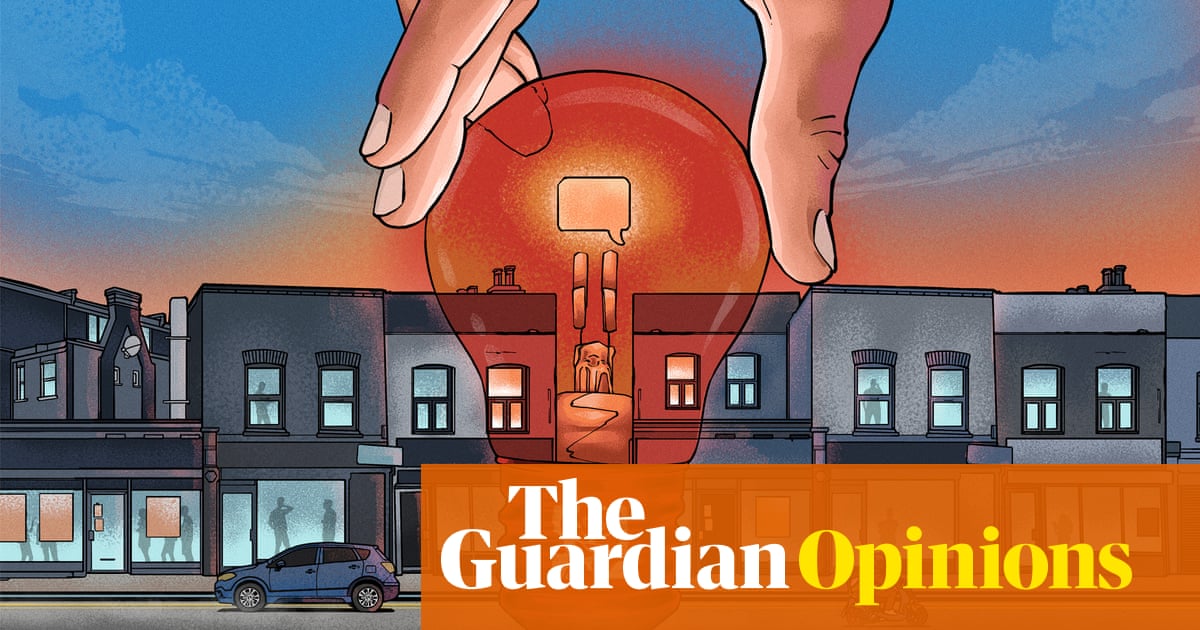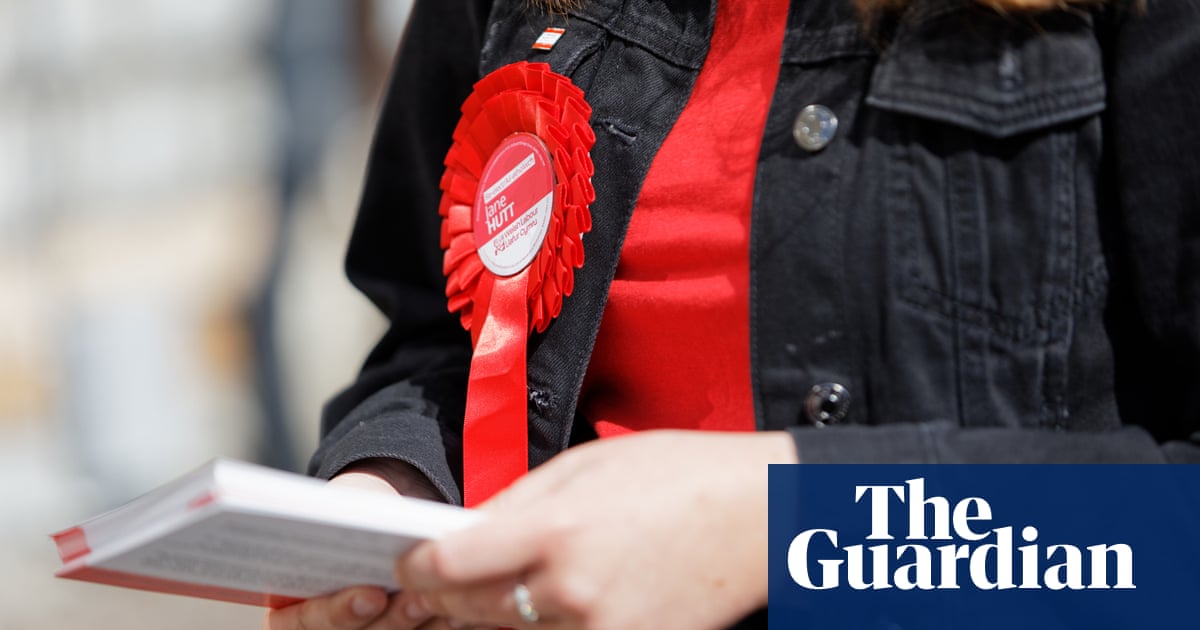
abour had a terrible time during the recent local elections. It lost control of eight councils and lost 327 council seats across England. But the news was not so bleak everywhere. There were areas of the country where Labour increased its vote, not least in the Greater Manchester region, where mayoral candidate Andy Burnham won 67% of the votes. Meanwhile in Salford, our election campaign returned stunning results for Labour. The party gained two council seats and Labour councillors made gains across the city, increasing the party’s vote share even in areas where it doesn’t normally enjoy support.
So what went right in Greater Manchester – and what can Labour learn from how we do business here? First, you have to factor in the Burnham effect. Andy Burnham won in every single ward area of every single borough in Greater Manchester – even wards where Labour failed to pick up councillors. Burnham was always a popular, well-known politician, but he made his name here when he bravely defied the government over phoney negotiations for business and job support during the pandemic. His popularity has grown since he pushed to bring buses back under public control, after more than 30 years of deregulated chaos.
But in Salford, a Brexit-voting city with high rates of poverty, support for Labour is clearly growing not just in Conservative areas but also in our former heartlands that recently saw increased support for the Conservatives in 2019. Salford saw the biggest swing to Labour of any Greater Manchester borough – and I believe we have a story to tell.
When I was first elected mayor in 2016, I stood on a clear manifesto to build truly affordable housing for Salford residents, to in-source services – rejecting the push to turn councils from service providers to commissioning hubs for private contracts – and build an inclusive model for economic growth that benefits all of our city. These weren’t just empty promises. Already, we’ve committed to building 600 council houses, and have 3,000 more in the pipeline. We’ve also protected services other areas of the country have lost. Salford has seven more libraries than we had at the start of the coalition government’s austerity measures in 2010, and we’ve retained all five of our local authority-owned nurseries.
We’ve invested billions in infrastructure-led development of key industries, combating chronic post-industrial decline. Thanks to our investments into MediaCity, Salford is home to the largest hub of digital and tech industries in the country outside the capital. We have a burgeoning arts and creative sector following sustained investment from the council, and the introduction of large anchor institutions such as the Lowry theatre – and we want the city to become a future centre for logistics and manufacturing, with the reopening of the Manchester-Liverpool ship canal to heavy freight via Port Salford (already, the council has invested millions in this project – and levered in many tens of millions more, providing railhead connections, road alterations and a new lifting bridge over the canal).
All this has been made possible through sustained borrowing through Salford’s capital programme over many decades. Calculated investments, designed to raise revenues either via commercial services, rents or an increasing local tax base, have helped us protect services during a decade of austerity. Much of this investment occurred before my tenure in office – and ran against the grain of political wisdom at the time, which saw a council’s job as stepping back and allowing the market to do its business.
Salford’s council has proudly stood by what some might call “traditional” Labour values – economic collectivism, a belief in the positive power of the state and local government to plan the local economy, social solidarity and the desire to put people before profit. The trajectory of growth – which expects to see 40,000 new jobs created by 2040 - reflects the council’s ambition to produce skilled, dignified employment for communities whose traditional industries were destroyed by Tory deindustrialisation in the 1980s.
Most importantly, we have communicated our policies and message clearly and repeatedly to the population in Salford. On the doorstep in the recent election, it was heartening to see that so many residents already knew what we stood for. They knew what we were doing and understood our commitment to rebuilding Salford’s economy. People saw that a vote for Labour represented a clear push for building council housing, bringing buses back into public control and insourcing local authority services.
If the Labour leadership learns anything from our experience in Salford, it should be this: voters are not demanding that we shed our party’s progressive history in order to find a way back to power. They are not demanding that we adopt fiscal conservatism, that we shy away from economic planning or that we support the entrenched interests at the top of the economic pyramid who benefit from reducing wages and the conditions and security of work. Quite the opposite – many voters are furious that our party seems to have neglected its historic mission.
To win back the seats in its former heartlands, Labour must not be ashamed of its radical roots, its belief in the state and government as vehicles for positive economic change or its ethos of solidarity and togetherness. These are all strengths that can unite all of Labour’s voting tribes; young and old, urban and rural, in common agreement about the humane, caring, ecologically friendly and fair society that we want to build in the future.
Paul Dennett is mayor of Salford












